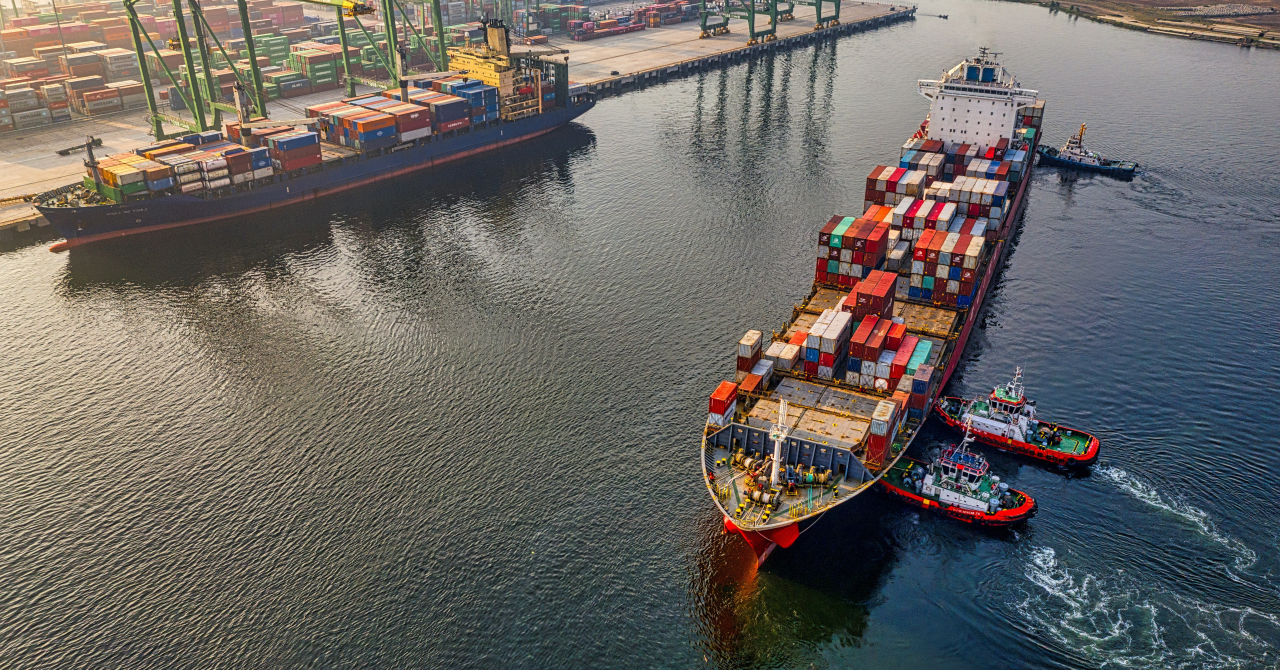According to the World Economic Forum, if we want to reach full decarbonisation by the half of the century, we will need to make 5% of the shipping fuels carbon-neutral by 2030.
Unfortunately, shipping doesn't fall under the Paris agreement and no agreement is currently on target for this segment to hit net-zero carbon emissions by 2050.
Companies in the private sector are working on zero-emissions vessels and fuels and they plan to make them the standard by 2030, but governments and high authorities need to get involved, too, if we want to hit our goals.
Ammonia, methanol and other biofuels are potential solutions to change the fossil fuels that are currently used, but these greener alternatives come at a higher cost.
Keith Dawe, Head of Decarbonisation and Energy Transition at Cargill said that “it is important to make the difference between not knowing about the options and predicting which fuel will be the best.”
He also presented how much work would require to implement each of these alternatives, some of them being more feasible.
“Different fuels imply different natures of transition: Ammonia will require new infrastructure on land and on the vessels implying a complete system transition; Methanol can be implemented by repurposing existing land-based infrastructure implying a vessel by vessel transition; Biofuels have limited scalability, but can drop into existing infrastructure, implying a voyage by voyage transition”, said Keith Dawe.
In order for ammonia to become a viable option, ships running on the fuel must be projected and tests must be conducted in order to prove that the ammonia is a feasible option as a shipping fuel.
Methanol, on the other hand, is a more proven option as an alternative to fossil fuels, mainly because operational safety and engine compatibility requirements are already met.
It is, in fact used currently as shipping fuel, but at the same time, in the long run, it could prove to be more expensive to implement than clean ammonia.
Other biofuels that are made out of biomass are sometimes blended with fossil fuels, but they can also be used independently, and their main advantage over traditional fuels is that they are sustainable.
 Mihai - Cristian Ioniță
Mihai - Cristian Ioniță












Any thoughts?